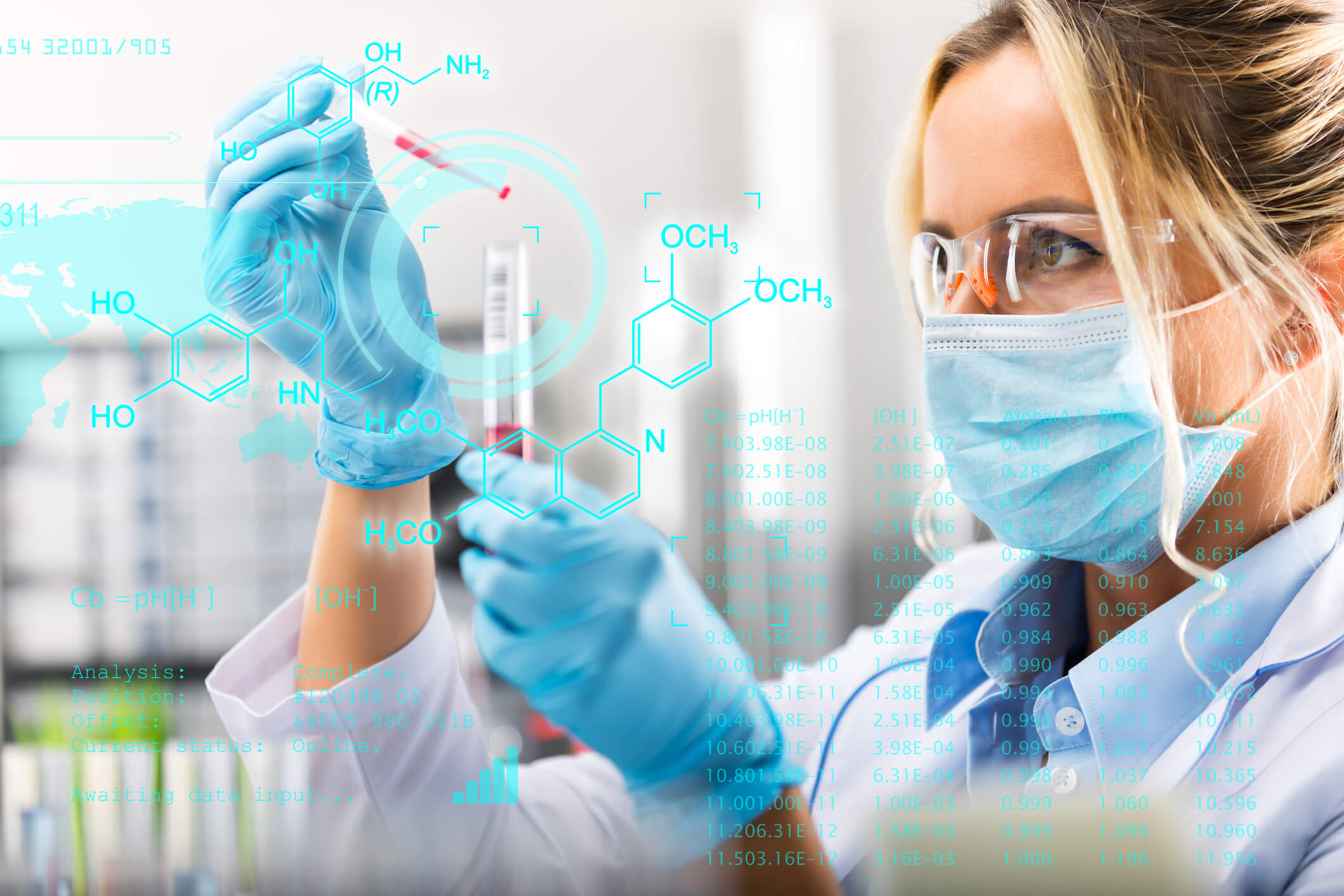Introduction to chemical modification of protein therapeutics
Overall Course Objectives
This course aims to cover an introduction to the chemical modification of therapeutic proteins. This is an advanced technique of great importance to the future production of therapeutic proteins, therefore the modification of these proteins will be placed in the context of the current biopharmaceutical industry.
Learning Objectives
- Describe chemical modification techniques relevant to protein therapeutics and their benefits, including acylation, PEGylation, and antibody-drug conjugation.
- Understand appropriate procedures to perform basic protein modifications, including reactor types and operation.
- List reaction parameters that must be controlled for successful modification.
- Describe the purification steps following modification required to remove residual reaction components and isolate the target, including process chromatography.
- Understand the approaches to analysis, such that modifications can be carefully controlled.
- Understand the potential of new methods of chemical modification, such as enzymatic methods.
- Understand opportunities for new medicines based on these technologies
- Understand remaining limitations in new chemical-modification procedures
Course Content
1. Introduction to chemical modification of therapeutic proteins in the context of drug development, including the benefits of such modifications. Techniques will include acylation, PEGylation and antibody-drug conjugation.
2. Processes for the production of chemically modified proteins, including reactor selection. Background chemistry to include sufhydryl and amino group chemistry.
3. Downstream processing, including impurity removal and product isolation, also via process chromatography (hydrophobic interaction, size exclusion and ion exchange) .
4. Analytical methods to assess reactor and downstream performance, and ensure adequate control, also via on-line monitoring (SDS-PAGE, MALDI-TOF and HPLC).
5. Workshop to explore enzymatic methods for chemical modification of therapeutic proteins, especially antibody-drug conjugation.
6. Report to evaluate new enzymatic methods for chemical modification of therapeutic proteins.
Recommended prerequisites
N/A
Teaching Method
2 days direct contact time, plus preparation and report writing (2 weeks) – Lectures, workshop and written exercise
Faculty
Remarks
N/A




